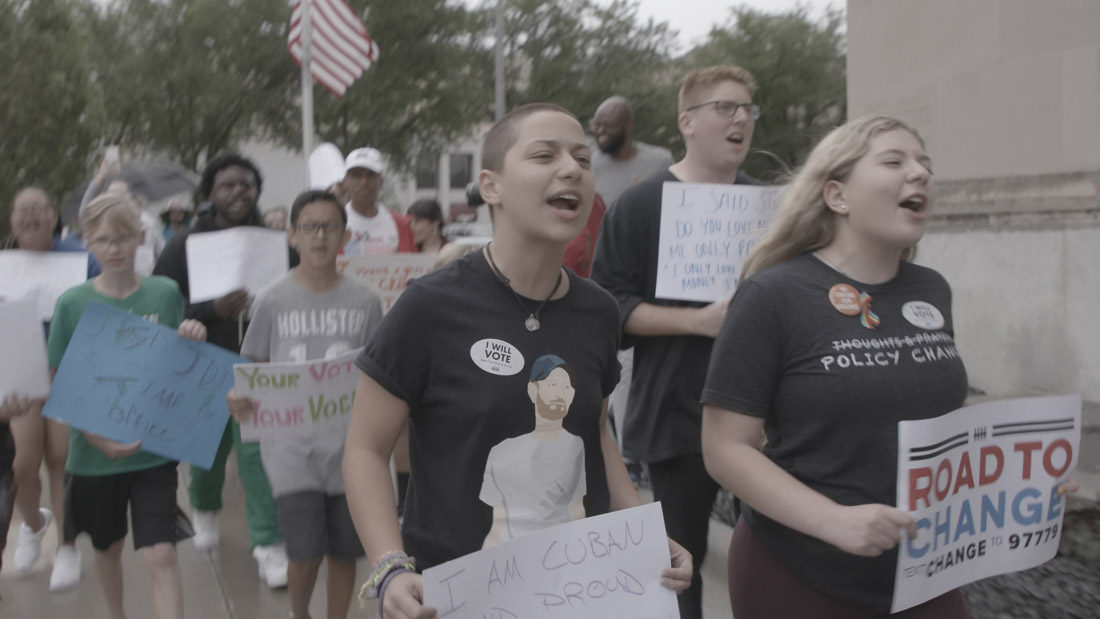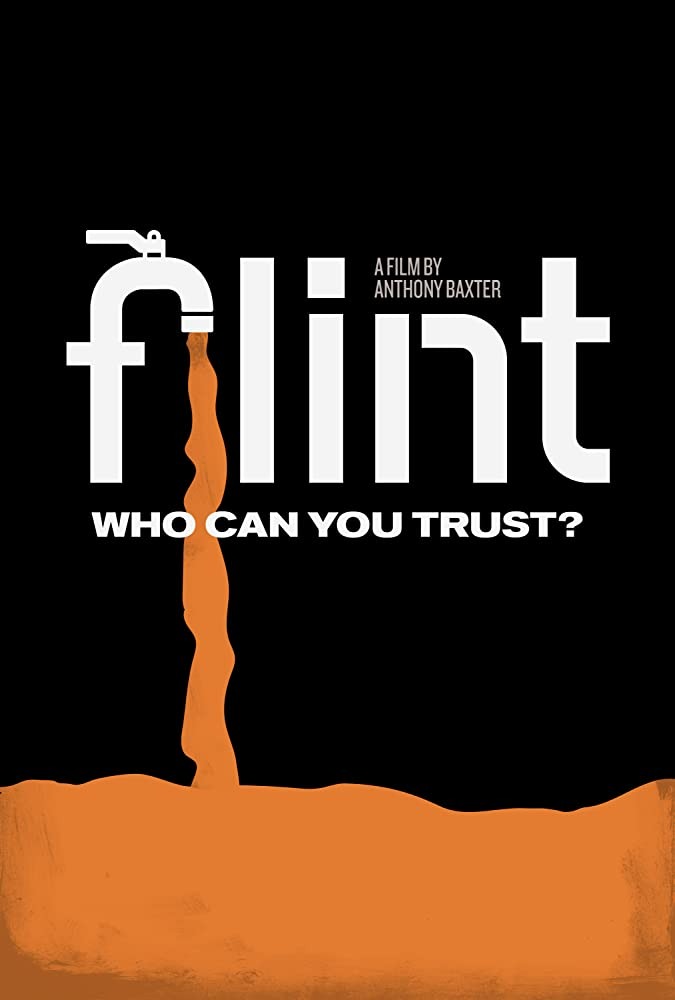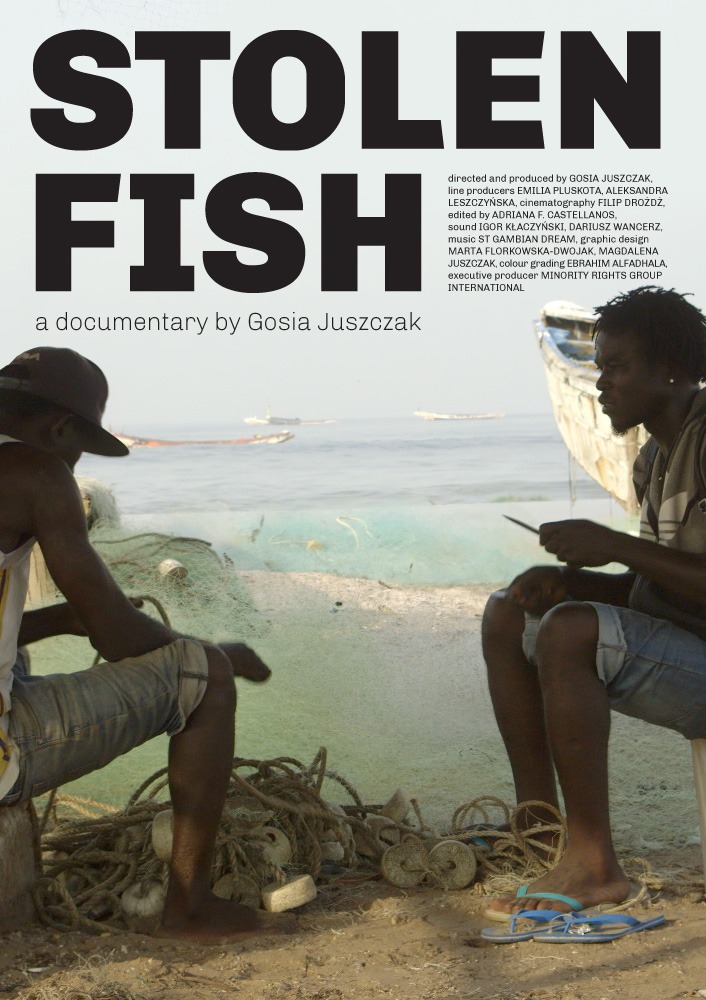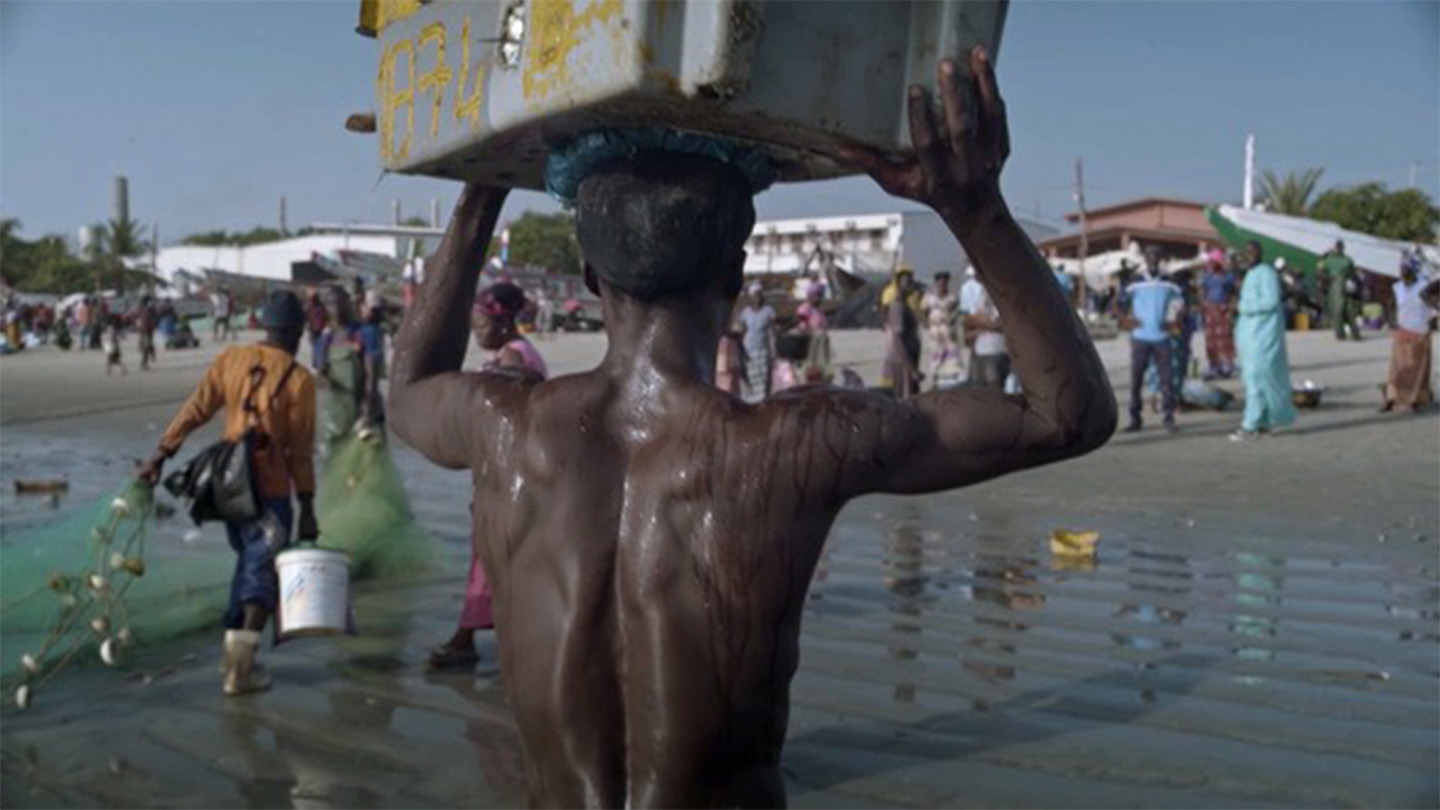As the world continues to slowly wake up to the systematic inequalities, oppression and abuse faced by different communities across the world (most recently the Black Lives Matter movement), there has never been a better time to educate yourself than now. Documentaries offer glimpses into new worlds, whether that’s a different country, a different time or simply a different perspective. Radical documentaries rally around communities, bringing critical voices to the attention of the public with the hope of sparking real change.
Sheffield Doc/Fest, one of the best documentary festivals in the world, has launched an online streaming platform to showcase their programme this year that includes 115 films from 50 different countries. The festival is aiming for real screenings in the autumn, post-Covid lockdown, but in the meantime there’s a wealth of old and new documentaries to be discovered online.
Here are some highlights of the festival’s most radical films, from documentaries about Indian activists and Gambian fishermen to the political impact of Keith Haring and the US prison industrial complex.
Welcome to Chechnya (directed by David France)
Investigative journalist David France spent 20 months with the Russian LGBT Network, the activist group that rescues at-risk people in Chechnya, the Russian region where mass torture, incarceration and, in some cases, murder is being committed against LGBTQ+ people. The film follows individuals and their families as they are forced to flee Russia as well as those that don’t make it out. Moving and shocking, Welcome to Chechnya is the first film to uncover the atrocities in Chechnya and shows that LGBTQ+ equality is still far from being achieved.

Us Kids (directed by Kim A. Snyder)
Following the horrific Parkland school shooting in 2018, the teenage survivors made history with the March for Our Lives demonstrations advocating for gun-control legislation in the US. Us Kids gives an insight into the loss, grief and trauma the survivors go through while becoming the accidental icons for a political movement as well as the frustrating apathy of many American legislators.
We Have Boots (directed by Evans Chan)
We Have Boots is the spiritual sequel to Evans Chan’s previous documentary, Raise the Umbrellas, that captured the 2014 Umbrella movement in Hong Kong. Chan revisits 2014 before fast-forwarding to the current protests in Hong Kong, interviewing a range of intellects, students and artists about the future of the movement and demonstrating how much (and how little) has changed over six years.
Shut Up Sona (directed by Deepti Gupta)
Sona Mohapatra is a beloved Indian singer and vocal #MeToo activist. Following Sona over three years, this documentary captures her fight for equality within the music industry and modern Indian society at large. Sona’s journey captures the challenges of being a public feminist, the Indian equivalent of the #MeToo movement in the music industry and Sona’s influence over a generation of young women following in her footsteps.
The Washing Society (directed by Lynne Sachs and Lizzie Olesker)
Doc/Fest are screening a number of Lynne Sachs experimental documentaries but we can’t recommend The Washing Society enough. A look behind the counter of laundromats in New York City, the short film follows the immigrants who are doing America’s washing, drying and ironing. The film airs the history of unpaid labour, race and class that often intersect at the country’s laundromats.

Flint (directed by Anthony Baxter)
The city of Flint was made infamous in 2014 when over 100,000 residents were exposed to unsafe levels of lead in their drinking water leading to the biggest public health catastrophe in recent US history. Narrated by the dulcet voice of Alec Baldwin, Flint follows the political, institutional and environmental aftermath of the crisis still ongoing today and reveals the failures of the government to act then and now.

Stolen Fish (directed by Gosia Juszczak)
This short film takes a look at the fishing disaster happening in the small West African country of Gambia. Due to the globalisation of the fishing industry, companies from Europe and China are fishing the Gambian seas and exporting the produce to those countries, depriving the locals of their livelihood and main source of food. Stolen Fish shines a light on the real consequences of globalisation and how rich countries profit off vulnerable regions.
Bring Down the Walls (directed by Phil Collins)
It’s no secret that the US prison system has become a profitable industry; with more than 2 million prisoners, the US is the biggest jailer in the world. Bring Down the Walls
looks at the boom of inmates incarcerated in the 80s — at the same time that house music emerged. The film looks at how house and club culture emerged from Black and Latinx communities as a response to the mass incarceration and brutal policing happening to those very communities.
Keith Haring: Street Art Boy (directed by Ben Anthony)
This year marks 30 years since the death of the legendary New York artist Keith Haring. A pioneer of pop art and AIDS activist, Keith merged politics and art in his work creating some of the most iconic visuals from the 80s New York queer community. Using archive footage as well as Haring’s own voice in recordings, this new documentary looks at the artist’s influence and impact on modern culture, featuring everyone from Madonna to Grace Jones.
Breaking Barriers – The Casteless Collective (directed by Maja Meiners)
South Indian protest band, The Casteless Collective, have made a name for themselves as outspoken political advocates as much as they have for their fusion of Indian folk, rap and rock. Originating from the slums of Chennai, The Casteless Collective are a testament to the power of grassroots art movements. Breaking Barriers follows the group around as they perform across the country while also speaking out about taboo subjects like caste discrimination, women’s rights and the oppression of LGBTQ+ people.
Sheffield Doc/Fest Selects VOD platform is now available. Individual tickets or passes can be purchased here .

